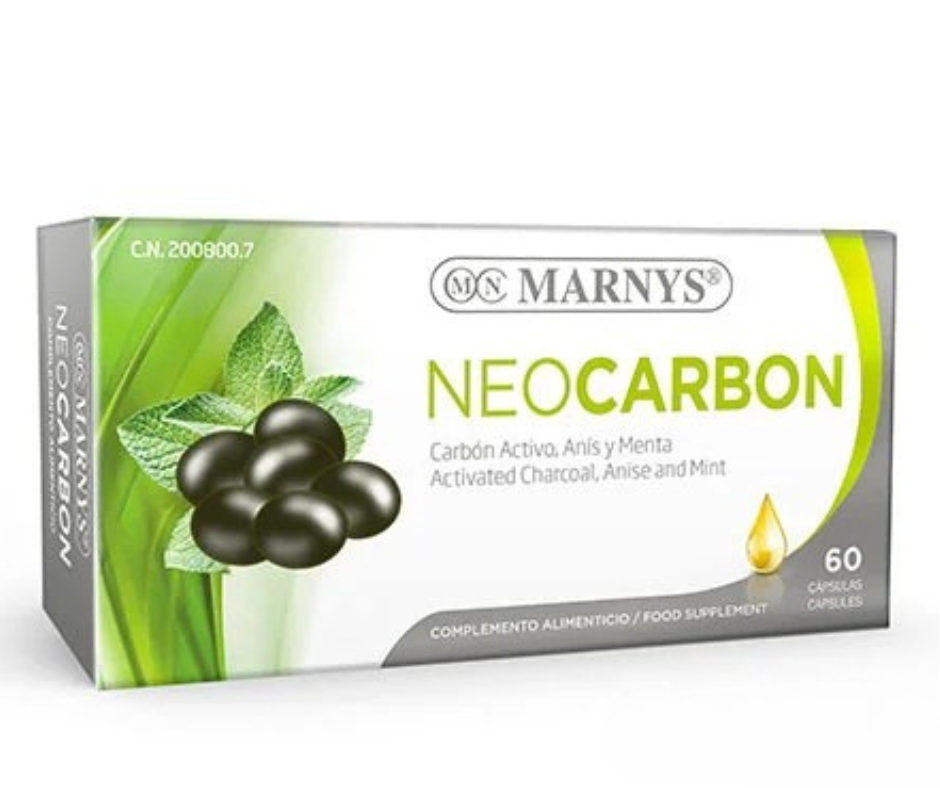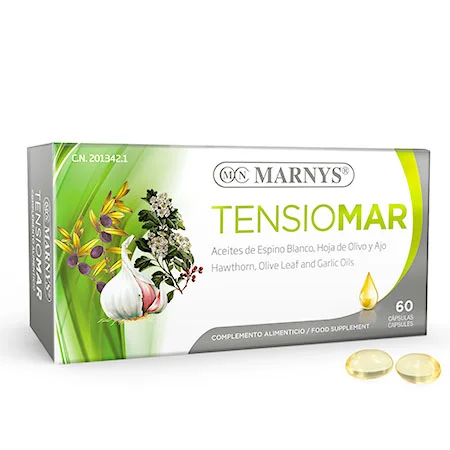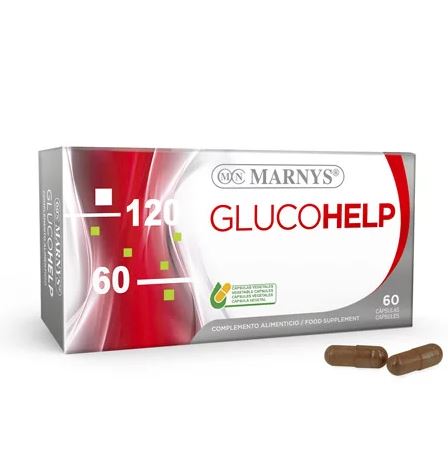Natural Ways to Support Digestive Health and Manage IBS

Irritable Bowel Syndrome (IBS) is a common yet often misunderstood digestive condition. While not life-threatening, it can significantly disrupt daily life with symptoms like bloating, abdominal discomfort, and irregular bowel habits. As a medical herbalist, I’ve worked with many individuals looking for natural solutions that support their overall digestive wellness.
At Patrick Murphy’s Herbal Clinic, we take a holistic view—combining herbal knowledge, nutritional guidance, and lifestyle support. One of the key supplements I recommend to support gut comfort and reduce digestive disruption is NeoCarbon, available from our online shop.
What Is IBS?
IBS, or Irritable Bowel Syndrome, is a functional gastrointestinal disorder that affects the large intestine. It’s typically identified by a group of recurring symptoms, such as:
-
Abdominal bloating and cramping
-
Constipation and/or diarrhoea (often alternating)
-
Excess or trapped wind
-
Mucus in the stool
-
A sensation of incomplete bowel movements
Some individuals also experience non-digestive symptoms like headaches, fatigue, anxiety, and increased sensitivity to certain foods. While IBS is considered a chronic condition, it does not cause lasting damage to the intestines.

Understanding the Triggers

IBS is a highly individual condition. What affects one person may not impact another. Some of the most common triggers include:
-
Irregular gut motility
-
Food sensitivities (e.g. dairy, gluten, and fermentable carbs or FODMAPs)
-
High stress or emotional strain
-
Processed foods and stimulants
-
Hormonal fluctuations
-
Post-infectious digestive changes
-
Poor eating habits and lack of fibre
Identifying personal triggers through a food diary can be an essential first step to managing symptoms.
The Herbal Approach to Digestive Wellness
Herbal medicine has long offered supportive options for people navigating digestive discomfort. At Patrick Murphy’s Herbal Clinic, we focus on herbs that help soothe the gut and restore balance:
Yerba Mansa
A unique herb traditionally used to help reduce excessive mucus and ease diarrhoea
These herbs can be integrated into a wellness plan through teas, tinctures, powders, or capsules, based on individual needs and tolerances.
Chamomile (Matricaria recutita)
Traditionally used to calm both the mind and the stomach, this gentle herb supports digestion during times of stress.
Slippery Elm Bark
Known for its soothing, mucilage-rich properties. Often taken with water to coat the digestive tract and reduce irritation.
Marshmallow Root
Used to comfort the lining of the digestive tract and manage feelings of acidity or inflammation.
Fenugreek
Valued for its ability to reduce mucus and relieve trapped wind or bloating.
The Role of Diet and Lifestyle
No holistic approach is complete without looking at daily habits. A few practical tips for digestive support include:
Increase Fibre Gradually
-
Soluble fibre (oats, beans, psyllium husk, apples) helps regulate bowel movements.
-
Insoluble fibre (whole grains, vegetables) supports bulk and movement.
Note: Psyllium husk must be soaked before use to avoid irritation. Start with small amounts and increase slowly.
Avoid Common Triggers
Limit or avoid caffeine, carbonated drinks, alcohol, processed foods, and artificial sweeteners. Many IBS sufferers also benefit from reducing high-FODMAP foods like onions, garlic, legumes, and certain fruits.
Embrace Gut-Friendly Foods
Incorporate:
-
Probiotic-rich options (non-dairy kefir, sauerkraut, coconut yoghurt)
-
Bone broth (to support the intestinal lining)
-
Raw fruit and vegetable juices (papaya, beetroot, pineapple)

Lifestyle Habits That Make a Difference

Manage Stress
The gut and brain are deeply connected. Mindfulness, yoga, and breathwork can all play a role in calming the digestive system.
Eat Mindfully
-
Eat slowly
-
Chew food thoroughly
-
Create a relaxed mealtime environment
Keep a Food & Symptom Diary
Tracking meals and digestive responses can reveal patterns that help you make informed dietary choices.
NeoCarbon: Trusted Digestive Support
For those looking for daily support, I often recommend NeoCarbon, a natural food supplement available from our online shop.
NeoCarbon combines three key ingredients:
🔹 Activated Charcoal (145 mg)
A highly porous substance known for its gas-binding properties. It may help support gut comfort after meals, especially those that produce excess wind or bloating.
🔹 Aniseed Essence (50 mg)
Traditionally used to ease digestion and reduce the build-up of trapped wind. The extract used in NeoCarbon is especially potent, with a minimum of 87% trans-anethole content.
🔹 Peppermint Essence (40 mg)
Commonly used to support smooth digestion and ease occasional cramps or digestive spasms. It also contributes to fresh breath—an added bonus.
NeoCarbon capsules are gluten-free and formulated with soya bean oil, beeswax, and lecithin to ensure stability and quality. However, they are not suitable for individuals with soy allergies.
Many clients find NeoCarbon particularly helpful after large or rich meals, when gas and bloating are more likely to occur.

NeoCarbon FAQ: Your Questions Answered
This is the title

Conclusion
While IBS can be a complex and ongoing challenge, it doesn’t have to dominate your life. With the right mix of herbal support, dietary awareness, and lifestyle adjustments, many people find relief and regain a sense of control.
If you’re looking for a natural and practical way to support your digestive health, consider exploring our herbal solutions and NeoCarbon, a trusted daily ally for gut comfort.
—
Patrick Murphy
Medical Herbalist & Founder
Patrick Murphy’s Herbal Clinic
Visit our online shop to explore NeoCarbon and more natural wellness products designed with your digestive health in mind.







































